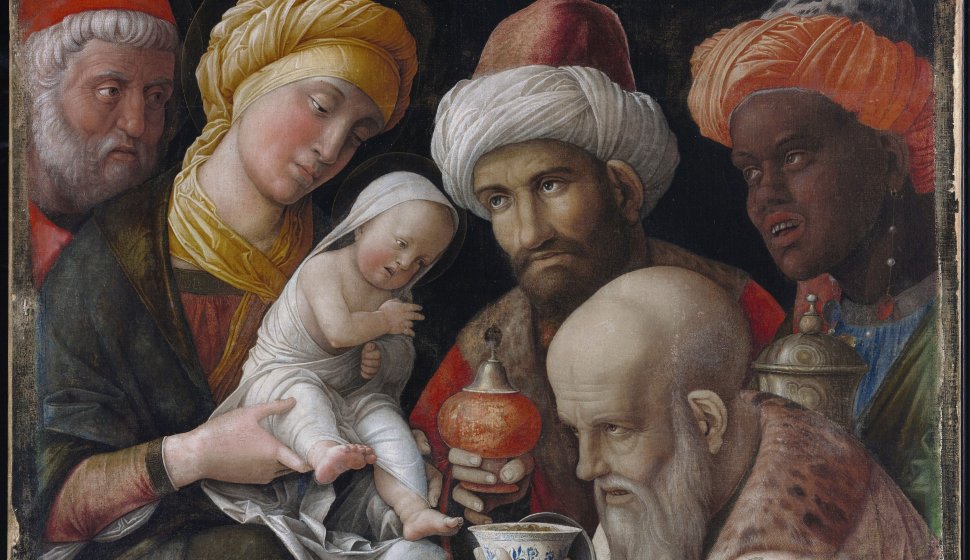- Home
- Religious Holidays
- Baptism
- Epiphany

Epiphany Dates in 2026, 2027 and 2028
Epiphany is celebrated at the following dates:
- Sunday, January 4, 2026
- Sunday, January 3, 2027
- Sunday, January 2, 2028
Epiphany, also known as three king's day, held on January 6, celebrates the revelation of God in his son, Jesus Christ1.
Origin
Epiphany commemorated the visit of the Magi, or the three kings who visited the baby Jesus shortly after his birth bearing gifts of gold, frankincense and myrrh. According to the gospel of Mathew, these wise men came from the east2. Despite common depictions of the three wise men visiting Jesus in the manger where he was born, the distinguished wise men visited Jesus in a house a few days after his birth2. They were originally described as wise men, though later interpretations assert that they were kings2. The bible never specifies how many visitors there were, but the assumption is that there were three because of the three gifts given.
Though it is unclear from where the wise men came, legends state that they came from Persia, India and Babylon3. Their names were Melchior, Caspar and Balthazar respectively2. According to the New Testament, the wise men first went to Jerusalem, where they asked King Herod where the birthplace was of the King of the Jews. According to a prophecy, the king would be born in Bethlehem3. This visit frightened Herod because it would mean his time of power would be over along with the rest of Jerusalem2. Because of this, is secretly asked the wise men for the exact time and place of the rising star that would indicate the place of birth and requested that they return once they found the baby so Herod could pay him a visit. The wise men were warned, however, in a dream to not return to Herod2. Because of this, after visiting the baby Jesus they all returned to their homelands3.
The date of January 6 has been secured in Christian tradition since at least the 361 in a reference by Ammianus Marcellinus4. Early celebrations focused on a general celebration of the birth of Jesus and subsequent baptism.
Celebration
Every Christian denomination celebrates epiphany, though the reasoning behind the celebration differ slightly. For example, Western Churches tend to separate the celebration of his birth and the commemoration of the manifestation of Christ into different celebrations. This celebration is often celebrated a Christmastide, or the twelve days of Christmas. In eastern churches Epiphany celebrates the nativity of Jesus or his baptism1. In these churches, Epiphany is celebrated on January 195. Despite being a universally observed holiday, customs and celebrations differ drastically between cultures.
